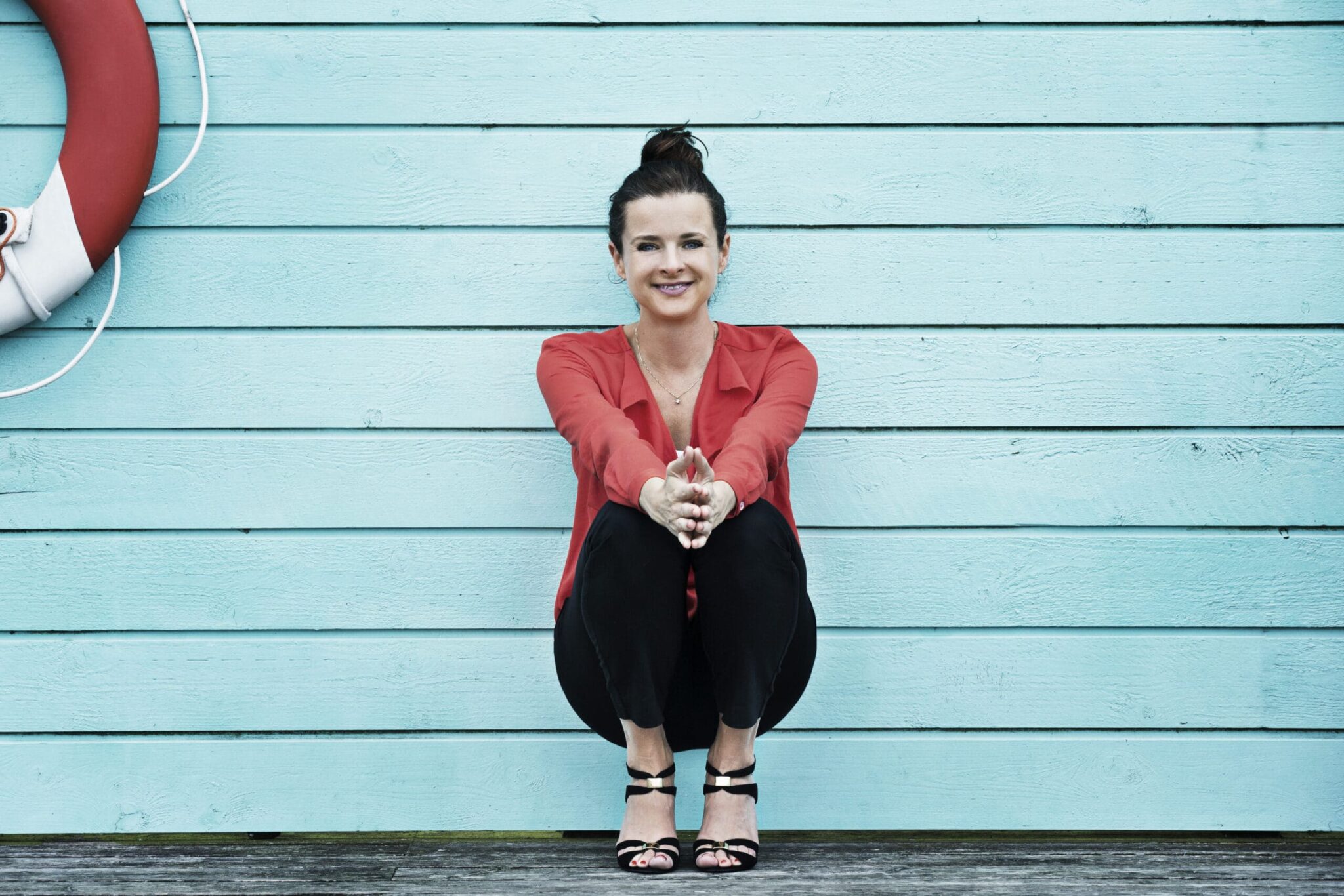
New research shows that gratitude can change our brains and consequently our outlook on life. When we are grateful, our stress levels fall, we sleep better, and the risk of depression is minimized.
In the book THANKS – There Is Always Something To Be Grateful For, Key Note Speaker and Sociologist Rikke Østergaard explains how to live a more grateful life. At the same time, the book issues a clarion call to Danes. Though the people of Denmark have everything they need to be the happiest people on the planet, they lack the power of gratitude. It is the first book written in Danish on the topic.
 What if there was a cure for insomnia, stress, and depression?
What if there was a cure for insomnia, stress, and depression?
Imagine if it was the same cure that also helped make us happy. And what if the prescribed treatment was free? In a new book, Occupational Sociologist Rikke Østergaard explains why gratitude is important for attaining a better quality of life and delves into the myriad of benefits that come from the word “thanks.”
“Research has shown that exercises such as keeping a gratitude journal make us more goal-oriented and focused, while also minimizing the symptoms of depression. They also improve our sleep patterns, and in turn, a regular good night’s sleep improves our immune system and memory.
In all respects, we become happier and more content if we learn to live gratefully. It requires changing our mindset and actively attending to what makes us happy. It’s not easy, but everyone can take small steps forward with daily exercises that result in a substantial measurable impact.” Rikke says
Be grateful for what you have and you’ll end up having more. If you focus on what you don’t have, you end up never having enough. Oprah Winfrey
 The world’s happiest people?
The world’s happiest people?
The Danes are among the happiest people in the world, yet, 35,000 Danes are off work each day due to stress, and just under half a million are taking antidepressant medications. How does all of this fit together? According to Rikke, Danes are at the top of Maslow’s hierarchy of needs. They don’t have to worry about basic needs for survival. Nevertheless, there is a tendency for them to always want more and more, and that is a problem.
“Instead of being happy about what we have, we focus on someone who seems to be doing better than we are. We are always comparing ourselves to those who have a better job or a nicer car. This is due to the fact that, since our origin as a species, we have been programmed to be on the lookout for danger, and today, our minds translate danger signals into the negative thoughts about the world. We live in a culture of comparison, which only heightens our stress levels and, at worst, makes us depressed. But the good news is that we can all change our mindset if we practice being grateful.” says Rikke.


